But seriously, where is everybody? "Where is everybody?" That famous phrase, uttered over lunch by eminent physicist Enrico Fermi, perfectly encap
But seriously, where is everybody?
“Where is everybody?” That famous phrase, uttered over lunch by eminent physicist Enrico Fermi, perfectly encapsulated what has since become known as the Fermi paradox: If life happened here on Earth and the universe tends to not do things only once, then life should also occur elsewhere. In fact, the universe should be teeming with advanced spacefaring civilizations.

Even when you account for every technological hurdle, limits in rocket technology, speed and life spans, as well as disease, warfare and anything else that could slow progress, the argument stays the same. Our galaxy is over 13 billion years old, which is more than enough time for spacefaring civilizations to spread throughout the Milky Way, reported Space.com.
Indeed, we should see advanced civilizations everywhere, Dyson spheres, stellar engineering, artifacts littered across the solar system. But we don’t. So where is everybody? Hence the paradox: Something in this line of reasoning has to give. We’ve gotten one, if not many or all, of these statements wrong. Which one?
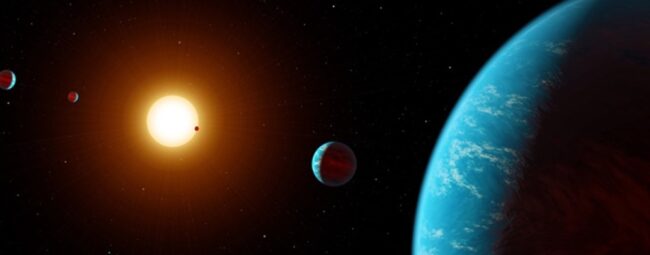
That’s it. Fermi’s paradox is broken in its assumption that intelligent spacefaring civilizations are common.
Considering that humanity is on the cusp of achieving regular spacefaring status, the Great Filter might seem a little ominous. But it doesn’t have to be. The issue is that we don’t know exactly when or where the filter actually happens. There are a lot of steps between “random planet with the right ingredients for life” and “vast interstellar empire”, reported Space.com.
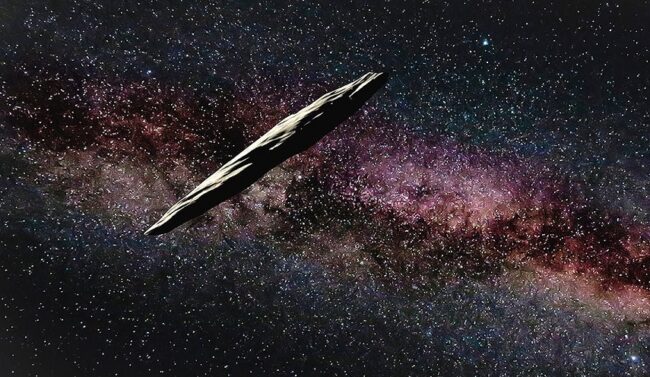
Hanson broke it down into nine separate jumps that life requires to go from the little to the big leagues:
- The right star system
- Reproductive molecules
- Prokaryotic life
- Eukaryotic life
- Sexual reproduction
- Multicellular life
- Some vague category of intelligence (like using tools)
- Advanced civilization with the potential for colonization
- Once all the pieces are in place, a gigantic galaxy-spanning explosion of life
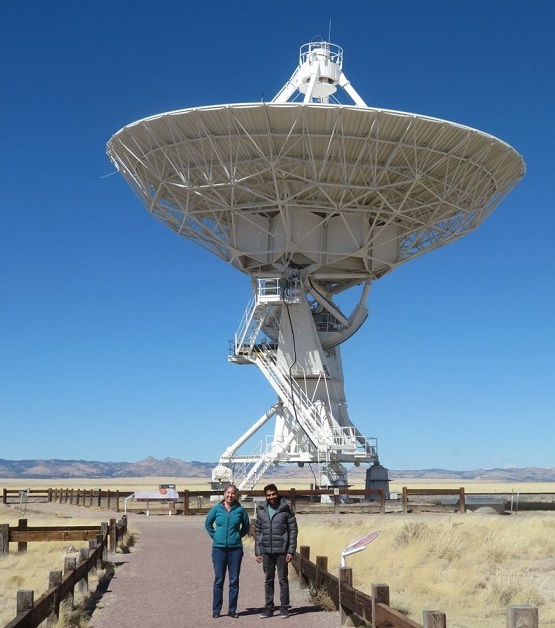
So where’s the bottleneck? Is it at the beginning, with life-ready systems hard to come by? Is it somewhere in the middle, where life never gets a start or just spends billions of years swimming around in oceans? Or is it toward the latter stages?, reported Space.com
From what we can observe, the ingredients for life are incredibly common in the universe, so it’s unlikely that the filter is there. As for the appearance of simple life, we have only one example to go on — but we do know that as soon as the conditions for life were possible on Earth, life appeared. This suggests life may be more common than we think.
As for the appearance of intelligence, we know that our kind of intelligence emerged only once in the history of life on Earth and that it took billions of years to show up. So again, from this one solitary data point, it seems that simple life may be common, but intelligence is rare. So maybe that’s the filter: It’s hard to evolve intelligent beings, reported Space.com.
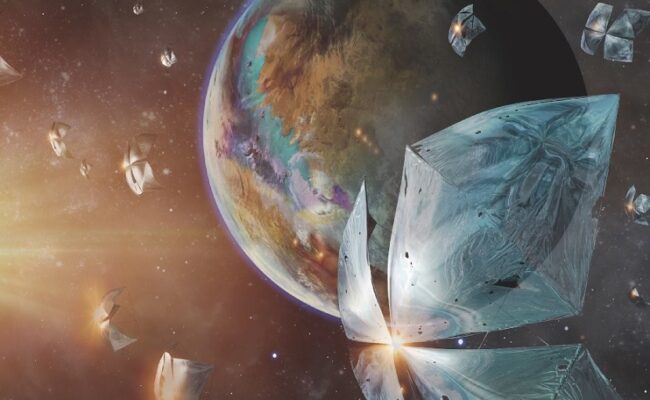
But if intelligence is common, then we have a lot to worry about. That means it’s easy for intelligent species to arise on a planet, but something stops them from going galactic. That could be either the universe doing the job, say, a giant asteroid wiping them out, or, more likely, the species destroying itself. That’s because any species that can travel into space must be able to harness incredible amounts of energy, energy that could very easily be turned to destructive purposes before that species has learned to live on other worlds.
The Great Filter is not the only potential solution to the Fermi paradox, and even within the context of the Great Filter, humanity’s fate is not sealed. Perhaps galactic colonization is harder than we think or is boring for reasons we haven’t realized yet.
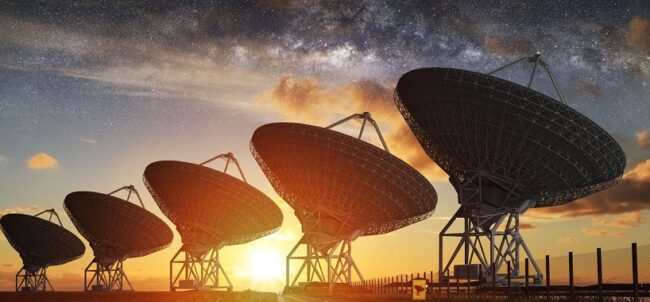
Maybe progress isn’t linear, and our future technological development will focus us inward. Or perhaps we’re already on the other side of the filter, we are one of the few species to make it to this stage, and the galaxy is essentially our cosmic playground, as reported by Space.com.
But seriously, where is everybody?
All Credit To: Space.com


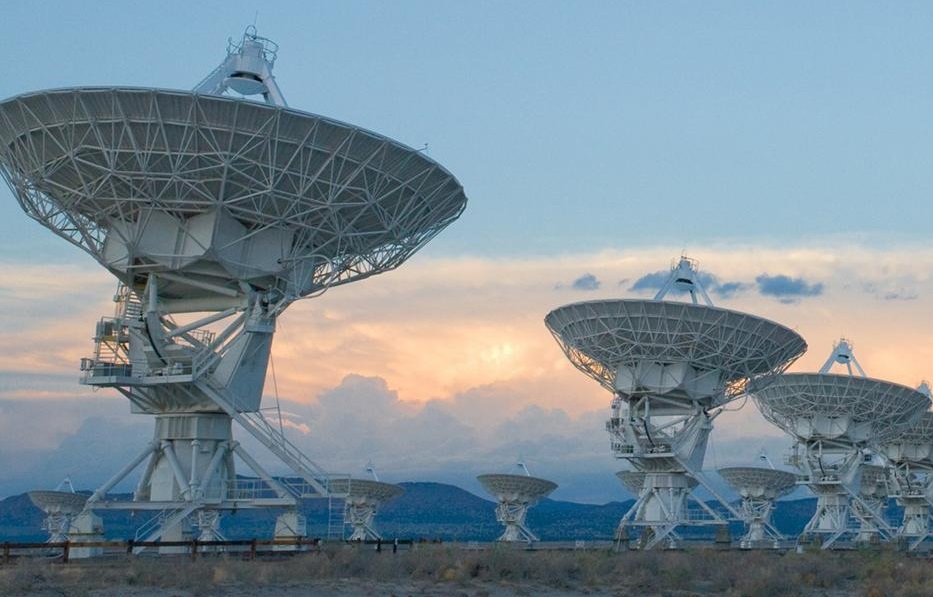
COMMENTS